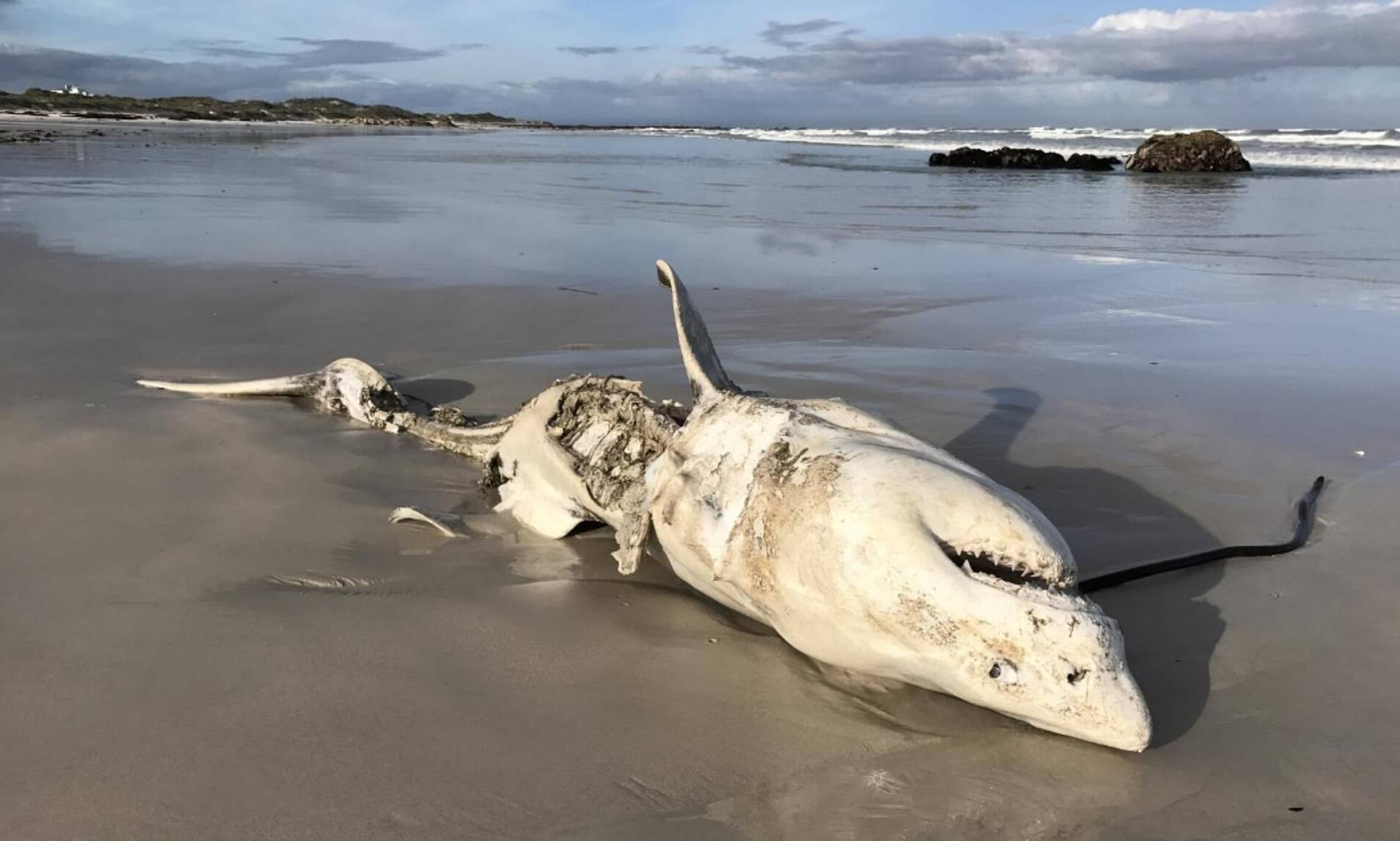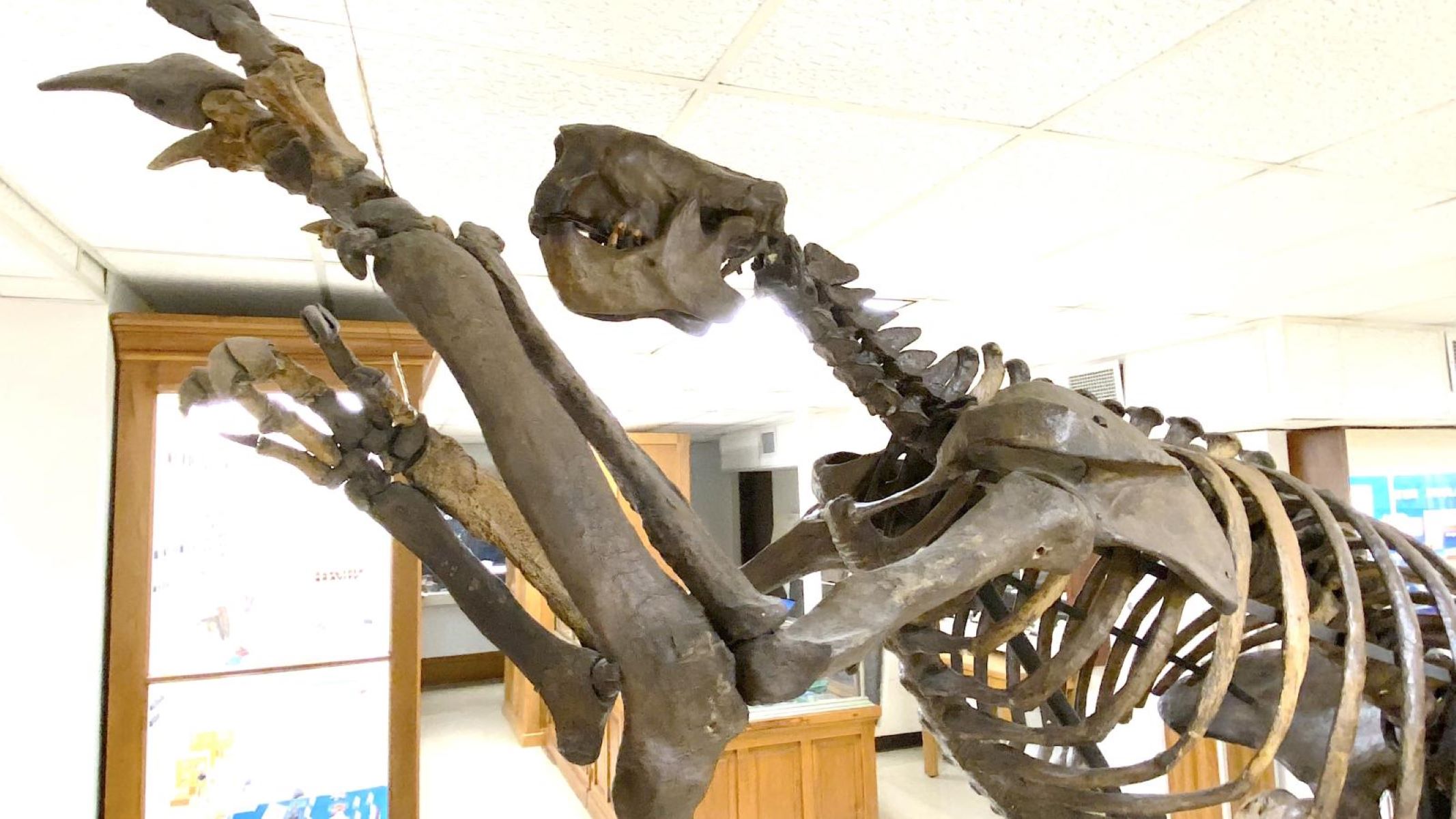
Did you know that killer whales, also known as orcas, eat sharks? These ocean predators are not just limited to fish and seals; they have a diverse diet that includes some of the ocean's most fearsome creatures. Killer whales are apex predators, meaning they sit at the top of the food chain. They use sophisticated hunting techniques and teamwork to take down their prey, including sharks. This might come as a surprise, but orcas have been observed flipping sharks upside down, inducing a state called tonic immobility, which temporarily paralyzes the shark. Intrigued? Let's dive into 35 fascinating facts about how these incredible marine mammals hunt and consume sharks.
Key Takeaways:
- Killer whales, also known as orcas, are incredibly intelligent and adaptable predators that have developed unique hunting techniques to catch sharks, showcasing their remarkable problem-solving skills and teamwork.
- The predation of sharks by killer whales can have significant effects on shark populations and the marine ecosystem, highlighting the complex interactions between these top predators and the delicate balance of the ocean.
Killer Whales: Apex Predators of the Ocean
Killer whales, also known as orcas, are among the most powerful predators in the ocean. Their diet is diverse, but one of the most fascinating aspects is their ability to hunt and eat sharks. Here are some intriguing facts about this behavior.
Killer Whales Hunt Sharks
Killer whales have developed unique hunting techniques to catch sharks. These methods showcase their intelligence and adaptability.
- Killer whales use a technique called "karate chop" to stun sharks. They ram the shark's side with their powerful tails, disorienting it.
- Orcas have been observed flipping sharks upside down, inducing a state called tonic immobility. This temporarily paralyzes the shark, making it easier to eat.
- Killer whales often hunt in pods, using coordinated attacks to overwhelm their prey. This teamwork increases their hunting success.
- Some orcas specialize in hunting specific types of sharks, such as great whites or hammerheads. This specialization can be passed down through generations.
- Killer whales have been seen removing the liver of a shark with surgical precision. The liver is rich in nutrients and highly prized by orcas.
Sharks in the Killer Whale Diet
Sharks are not the primary food source for killer whales, but they are an important part of their diet. Here are some facts about the relationship between orcas and sharks.
- Killer whales are known to eat at least 12 different species of sharks. This includes great whites, makos, and threshers.
- The liver of a shark can make up to 25% of its body weight. This nutrient-rich organ is a favorite among killer whales.
- Orcas have been observed eating only the liver of a shark, leaving the rest of the body behind. This selective feeding behavior is unique.
- Killer whales have been seen hunting sharks in various parts of the world, including the coasts of South Africa, New Zealand, and California.
- The presence of killer whales can cause sharks to flee an area. This has been observed in places like False Bay, South Africa.
Killer Whale Intelligence and Adaptability
The intelligence of killer whales plays a crucial role in their ability to hunt sharks. Their problem-solving skills and adaptability are remarkable.
- Killer whales can learn new hunting techniques from each other. This cultural transmission of knowledge is rare among animals.
- Orcas have been seen using bubbles to herd sharks into a tight group, making them easier to catch.
- Killer whales can adapt their hunting strategies based on the type of shark they are targeting. This flexibility is a sign of their intelligence.
- Some killer whales have been observed using the ocean floor to trap sharks. They push the shark against the seabed, preventing it from escaping.
- Orcas have been known to follow fishing boats, taking advantage of the bycatch to hunt sharks more easily.
Impact on Shark Populations
The predation of sharks by killer whales can have significant effects on shark populations and the marine ecosystem as a whole.
- The hunting of sharks by killer whales can help control shark populations, preventing overpopulation and maintaining balance in the ecosystem.
- Killer whale predation can influence the behavior of sharks, causing them to avoid certain areas. This can impact local marine life.
- The removal of large sharks by killer whales can affect the food chain, as sharks are top predators themselves.
- In some areas, the presence of killer whales has led to a decline in shark sightings. This has been documented in places like the Farallon Islands.
- The study of killer whale predation on sharks can provide valuable insights into the health of marine ecosystems.
Killer Whales vs. Great White Sharks
The interactions between killer whales and great white sharks are particularly fascinating. These encounters highlight the dominance of orcas in the ocean.
- Killer whales have been known to target great white sharks specifically for their nutrient-rich livers.
- In areas where killer whales are present, great white sharks have been observed fleeing and avoiding the region for extended periods.
- The presence of killer whales can disrupt the hunting patterns of great white sharks, affecting their ability to find food.
- Killer whales have been seen hunting great white sharks in groups, using coordinated attacks to overpower them.
- The decline in great white shark populations in some areas has been linked to increased killer whale activity.
Killer Whale Communication and Coordination
Effective communication and coordination are key to the hunting success of killer whales. Their social structure and vocalizations play a crucial role.
- Killer whales use a variety of vocalizations to communicate during hunts. These sounds help them coordinate their attacks.
- Orcas have been observed using body language, such as tail slaps and breaches, to signal each other during a hunt.
- The social bonds within a pod of killer whales are strong, allowing them to work together seamlessly when hunting sharks.
- Killer whales can recognize individual members of their pod by their unique vocalizations. This helps them maintain coordination during complex hunts.
- The ability to communicate and coordinate effectively gives killer whales a significant advantage over solitary predators like sharks.
Conservation and Research
Understanding the interactions between killer whales and sharks is important for conservation efforts. Research in this area can help protect both species.
- Studying killer whale predation on sharks can provide insights into the health of marine ecosystems and the impact of human activities.
- Conservation efforts for killer whales can benefit from understanding their dietary needs and hunting behaviors.
- Protecting shark populations is also crucial, as they play a vital role in maintaining the balance of marine ecosystems.
- Research on killer whale and shark interactions can inform policies and regulations aimed at preserving marine biodiversity.
- Public awareness and education about the relationship between killer whales and sharks can promote conservation efforts and foster a greater appreciation for these incredible animals.
Killer Whales: Apex Predators of the Ocean
Killer whales, or orcas, are truly fascinating creatures. Their diet includes a variety of prey, but their ability to hunt and eat sharks sets them apart. These apex predators use sophisticated hunting techniques, often working in pods to outsmart their prey. They’ve been known to flip sharks upside down, inducing a state called tonic immobility, making the sharks easy targets. This behavior showcases their intelligence and adaptability in the wild.
Understanding killer whales' role in the ocean ecosystem highlights their importance. They help maintain the balance by controlling shark populations, which in turn affects the entire marine food web. As we learn more about these incredible animals, it becomes clear just how vital they are to ocean health. So next time you think about the ocean's top predators, remember the killer whale's impressive skills and crucial role in the marine world.
Frequently Asked Questions
Was this page helpful?
Our commitment to delivering trustworthy and engaging content is at the heart of what we do. Each fact on our site is contributed by real users like you, bringing a wealth of diverse insights and information. To ensure the highest standards of accuracy and reliability, our dedicated editors meticulously review each submission. This process guarantees that the facts we share are not only fascinating but also credible. Trust in our commitment to quality and authenticity as you explore and learn with us.


